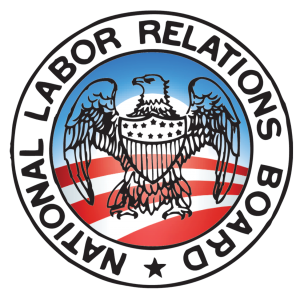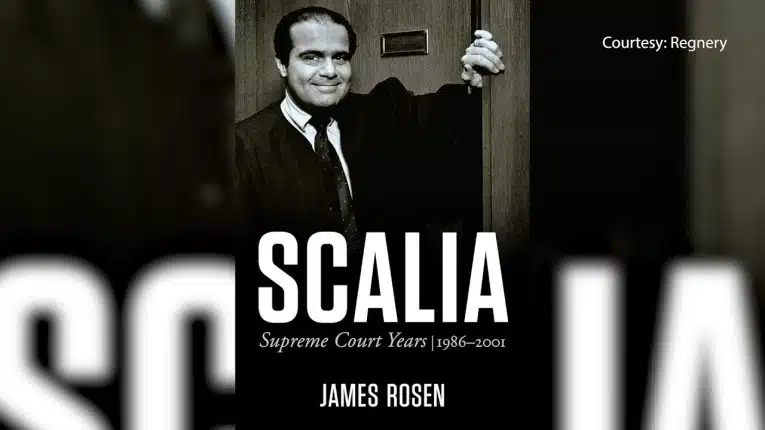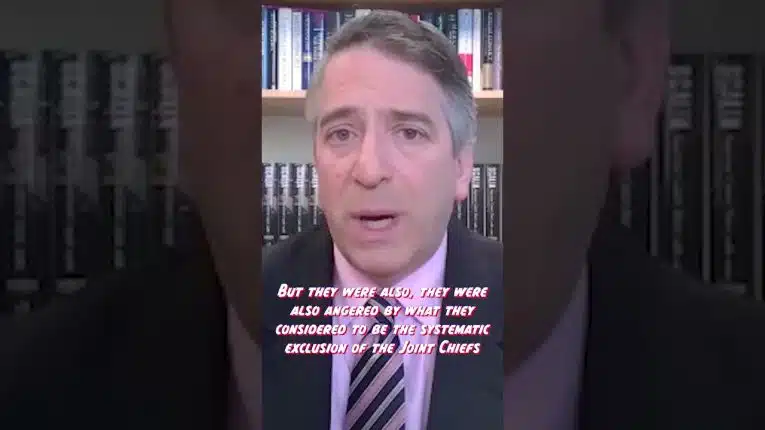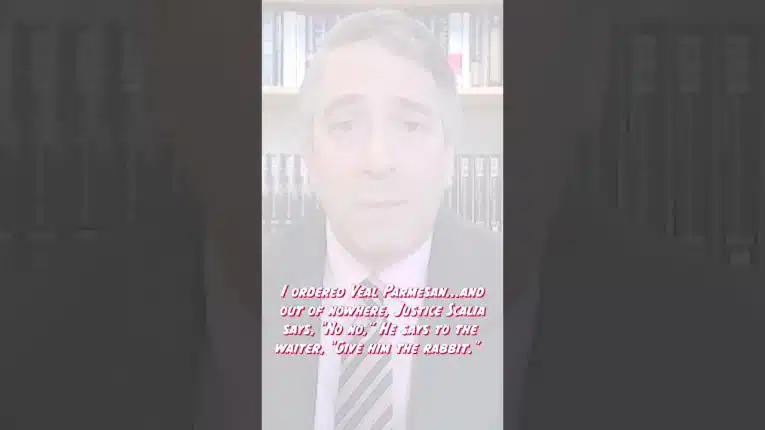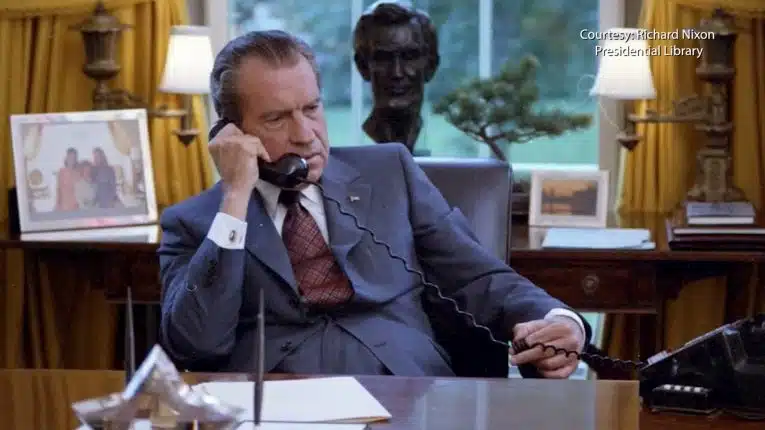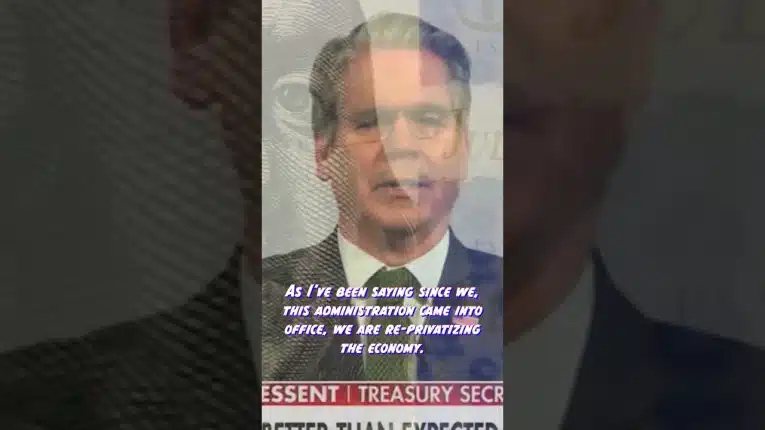You may have heard that President Obama’s National Labor Relations Board (NLRB) just decided that college football players can unionize. So what does this mean for the future of college sports?
A Regional Director of the National Labor Relations Board (NLRB) decided that football players at Northwestern University that receive scholarships are “employees” of the university under the National Labor Relations Act and as such can form a union if they so desire. While the decision will likely be litigated for some time to come, first at the Board level and in a U.S. Court of Appeals, in the meantime look for a radical change in how the coach (management) and player (employee) relationship works.
The NLRB’s decision is a classic example of mission creep. As the percentage of unionized employees in the U.S. has declined over the last several decades to the point where only 6.7 percent of the private sector workforce are members of unions, the Board has found a need to push the envelope in order to maintain its relevance. That’s because with fewer unionized employees the Board’s influence has shrunk. This decision, which if upheld will likely lead to unions gaining more members, is just another among many recent actions that the Board has taken in an effort to increase unionization. For instance, the Board is also in the process of changing the rules for unionization elections to make it much easier for unions to win.
Returning to the college football context, what can we expect if the players are unionized?
First, since the National Labor Relations Act only applies to private sector employers, public universities will not be affected. This means that things like pesky union work rules, grievance adjustment, etc. will work to give public universities an advantage in terms of flexibility that private universities will not have. If this decision stands, look for private universities to begin lobbying their states to change the public sector employee laws so that players at public universities can be unionized as well.
Next, before a union can be formed, the appropriateness of a particular unit of employees for bargaining must be determined. Since football players have different needs and wants from other scholarship athletes like golfers, most sports will probably have their own bargaining unit. At a large university with a dozens of sports this could mean dealing with dozens of bargaining units.
In the midst of a union’s campaign to unionize players, management will have difficulty trying to figure out what is and what is not an unfair labor practice under NLRB precedent. Can the coach promise to improve working conditions if the players vote the union down? No. Can the coach limit what player can and cannot say on Facebook about their working conditions? Maybe, but it’s safer to not go there. Would your average coach know this without having a lawyer pre-clearing everything that they say? Unlikely. This is enough to give even the most weathered coach migraines. Also, since what is and is not an unfair labor practice seems to be changing on a daily basis due to the NLRB’s mission creep, one needs not only to know what the NLRB has decided in the past but also to anticipate what they will decide in the future. Labor and employment lawyers and consultants are the only people that will like this because it means new revenue streams for their firms.
Every unit of unionized players will, of course, need a shop steward. The union will also need officers and personnel to negotiate with the university on a collective bargaining agreement. Since employees who work under a collective bargaining agreement are not allowed to individually bargain with the employer over anything that affects the terms or conditions of their employment, all such issues will have to be handled by a union representative.
The union will have to collect dues from the players to support its existence. It will have to file annual financial disclosure reports with the U.S. Department of Labor’s Office of Labor-Management Standards (OLMS). The union officers and employees will have to file conflict of interest reports with OLMS as well. If the university makes certain types of payments or loans of money or other things of value to the union, its officers, agents, stewards, or other representatives, it will have to file disclosure reports.
Since oversight of union officer elections falls under the jurisdiction of OLMS pursuant to the Labor-Management reporting and Disclosure Act, not only will the private universities be dealing with the NLRB, but they will likely have investigators from OLMS around from time to time as well.
And, don’t forget union officers and employees embezzling from their members and other related criminal acts. It happens. Investigating these is also the responsibility of OLMS which obtained 121 criminal convictions for such acts in fiscal year 2012.
Beyond paperwork, disclosure reports, and worrying about criminal activity, the daily interaction between labor and management in a collective bargaining context can be downright maddening. Consider work rules. Have you ever wanted to litigate against your employer because the temperature in your workspace dropped a few degrees on one single day for a couple hours? Unions actually litigate over stuff like this. Administering a collective bargaining agreement is tough, lawyerly work.
Strikes will be an issue too. Remember the 1994 World Series? Me neither, it didn’t happen due to the baseball players strike.
In sum, while the lawyers and consultants will love their new potential revenue streams, the universities will be shackled with new headaches. Other than the things listed above, the NLRB’s decision sounds like a great deal for everyone involved, and that isn’t even considering whether player scholarships will be considered to be wages, bringing the IRS breathing down the necks of these freshly minted employees, or if unionized players will even be allowed to keep their amateur status.
If the Northwestern University football players had realized what they were litigating for, one suspects they just might wish they could get an instant replay reversal of the decision.
Nathan Mehrens is the President of Americans for Limited Government.


